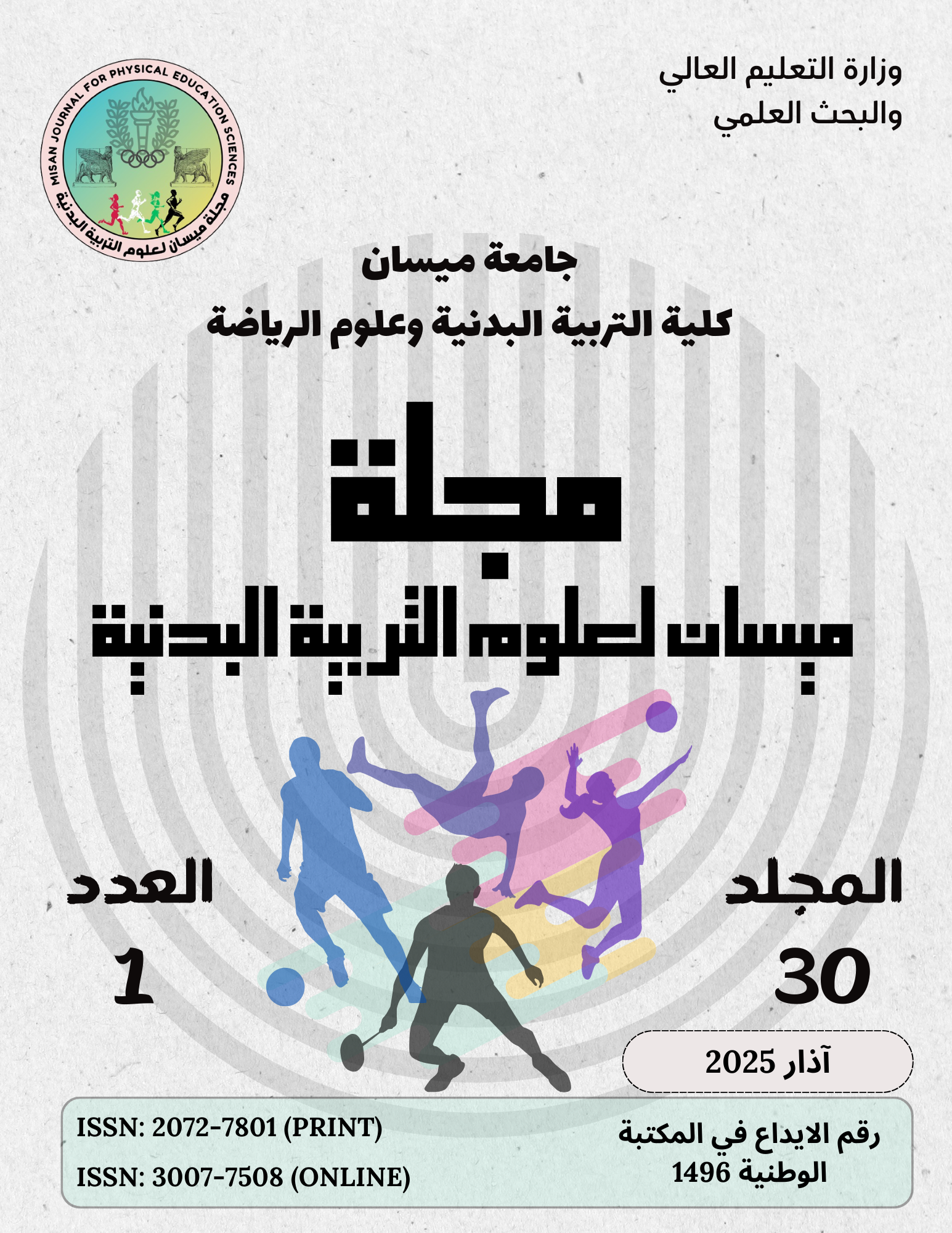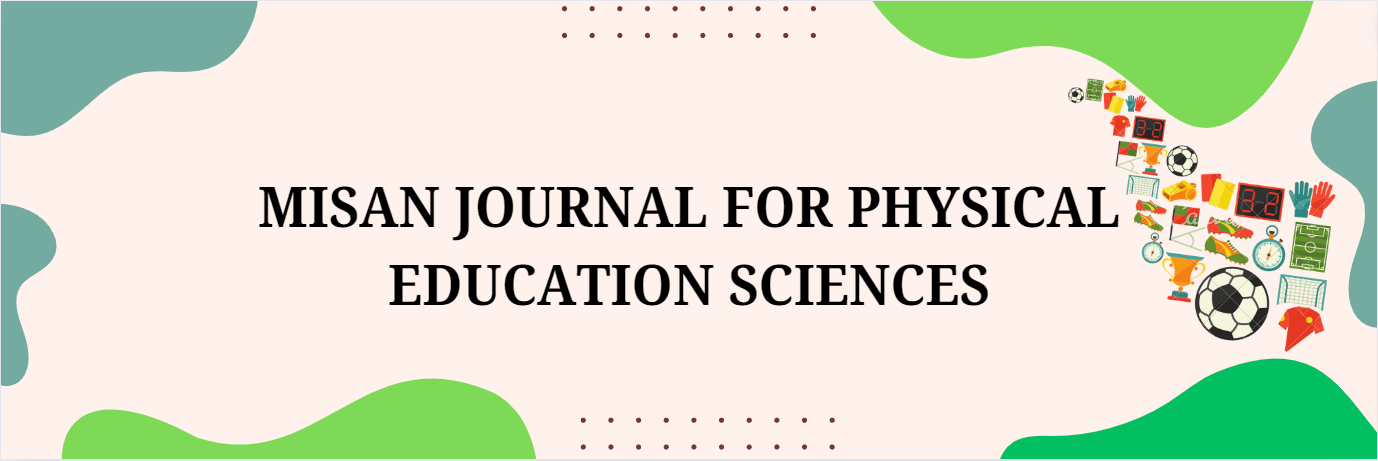The Impact of Feedback Types on Learning the Skill of Court Defense in Volleyball for Second-Year Students at the College of Physical Education and Sports Sciences
DOI:
https://doi.org/10.61265/.v30i1.406Keywords:
Feedback, Court defense skill in volleyballAbstract
The aim of this research was to use different types of feedback in learning the skill of court defense in volleyball for second-year students at the College of Physical Education and Sports Sciences and to identify the impact of these feedback types on learning this skill. The researcher adopted an experimental method with two groups, experimental and control, using both pre- and post-tests, as this was deemed the most suitable method to address the research problem. The research community was selected intentionally, consisting of second-year students at the College of Physical Education and Sports Sciences, University of Diyala, for the academic year 2024/2025. The total number of male students was 405, divided into eight groups. The sample for the study was randomly selected through a lottery process, with the students from groups (B) and (C) participating. After excluding the failing students, deferrals, and those who were already proficient in the game, the final sample consisted of 80 students, with 40 students in each group. The experimental group represented students from group (B), while the control group represented students from group (C). The sample represented 19.75% of the original community.
The researcher concluded that the use of feedback had a positive impact on learning the skill of court defense in volleyball, as it significantly improved the students' performance. It was found that feedback contributes to enhancing students' ability to master the skill in the long term, which helps them apply it more accurately and efficiently. Immediate feedback after performance was more effective in accelerating learning and improving performance compared to feedback provided after a longer time. The study recommends using feedback regularly during training sessions to enhance the learning of court defense skills, with a focus on immediate feedback to speed up progress. It is also advised to vary the feedback between positive and directive forms, providing corrective feedback alongside encouragement for small successes, which helps increase motivation and engage students. Furthermore, it is recommended that trainers be trained on how to use feedback effectively to guide students properly and achieve better results.






